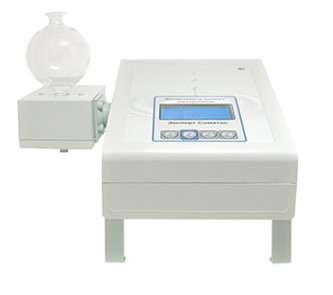On the detection of Metronidazole in honey

The Testing Center of the Rostov Reference Center of Rosselkhoznadzor received a sample of natural honey for research on quality and safety indicators.
Experts from the toxicological testing sector of the testing center found an antibiotic (Metronidazole) in this sample, which is a violation of the norms of TR CU 021/2011 Technical Regulations of the Customs Union "On Food Safety".
The presence of residues of veterinary drugs (eg, nitroimidazoles) in foods is one of the key concerns of the food industry.
Nitroimidazoles are substances with high activity against anaerobic bacteria and pathogens of protozoal infections. In veterinary medicine, nitroimidazoles are prescribed for the treatment of giardiasis, trichomoniasis, amoebic dysentery, lichen, candidiasis and other infections caused by susceptible organisms. They are used to treat dogs, cats and other carnivores, cattle and small cattle, pigs, ornamental fish and bees.
Nitroimidazoles can enter the human body with food of animal origin. Deliberate introduction of these drugs into raw materials and finished products is a rare phenomenon. Most often, residual quantities of veterinary drugs are present there due to violation of the terms of quarantine of animals after their use before slaughter, or before receiving animal products such as eggs,milk , honey, etc.
It is worth noting that some antibiotics can be stored in honey for more than three years. Such a product can cause allergic reactions, disrupt the balance of intestinal microflora.
Information on the identification of deviations from regulatory documents was promptly sent to the Rosselkhoznadzor Administration for the Rostov, Volgograd and Astrakhan regions and the Republic of Kalmykia for response.
Source: Rostov Reference Center of Rosselkhoznadzor




























































